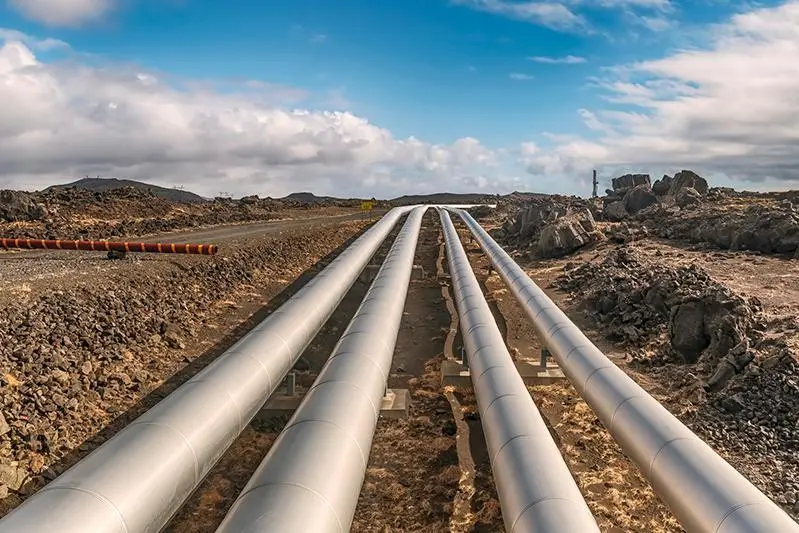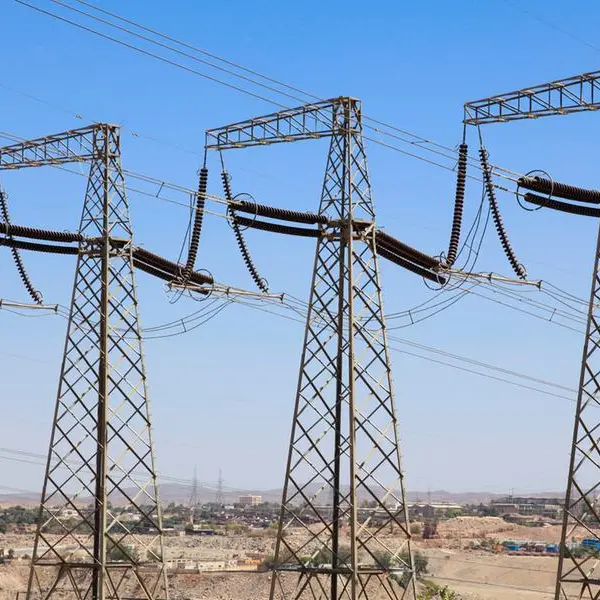PHOTO
Doha, Qatar: As part of efforts to enhance water security, food production and security as well as promote sustainable agriculture, Qatar targets to reach an average of 40% improvement in water consumption per tonne of crop produced by 2030, said an official.
Speaking during a panel session at the third International Conference on Sustainable Energy-Water-Environment Nexus in Desert Climates (ICSEWEN’23), Dr. Delphine Acloque from the Ministry of Municipality said it is vital to improve the way water is used.
“It’s not easy to replenish water, especially in arid countries. So we need to promote water-efficient, water-saving farming methods. The target for Qatar by 2030 will be to reach an average of 40% improvement in water consumption per tonne of crop produced,” Dr. Acloque told the panel titled ‘Food Security and Sustainable Agriculture in Desert.’
She added that Qatar is promoting the use of treated wastewater or treated sewage effluent (TSE). She said this treated wastewater is mainly used as part of animal feed, especially for fodder. Dr. Alcloque disclosed that Qatar aims to reach 100% of water TSE for fodder irrigation by 2030.
She, however, noted that some challenges persist, including how to transport TSE water and trade-offs on how to use it. She added that infrastructure and finance are critical components of maximising TSE usage, as well as deciding whether to use TSE water for fodder, planting trees, and landscaping in the cities.
“We also try to integrate applied research dedicated to innovative solutions to cope with water scarcity, but also with high humidity levels. For example, in Qatar, that is a major challenge — and that’s why the Ministry of Municipality is collaborating with the Qatar National Research Fund to finance projects dedicated to food security,” Dr. Alcloque added while highlighting the importance of academic and international collaborations among countries dealing with the same kind of challenges.
The challenging climate condition in the Middle East and the Gulf, characterised by insufficient rainfall, desertification, and hot and long summers, makes agriculture difficult.
Qatar’s only natural freshwater resources are rainfall and groundwater. Desalination is the country’s main water source and is expensive and energy-intensive. The conservation of the quality and quantity of the country’s groundwater resources is one of the targets of Qatar’s National Development Strategy.
With food demand across GCC predicted to reach 52.4mn metric tonnes by 2025 and population growth halving per capita water availability by 2050, long-term food security will continue to be a strategic imperative for countries across the region. The importance of Qatar’s investment in its vital agritech industry is only likely to grow.
Agrico Managing Director Nasser Ahmed Al Khalaf emphasised the unique challenges in the agriculture sector, like the climate and environmental changes.
“We are in a unique situation because agricultural production, whether vegetables, livestock or aquaculture, will depend greatly on the environment — and Qatar is unique. With climate change, and for us to continue producing, we need to adapt to this environment even though the challenges will be different from vegetable or livestock or aquaculture,” Al Khalaf said.
He stressed the need for technology to be developed and tailored to the Middle East climate condition. Al Khalaf said when Agrico started vegetable production, it needed to create a greenhouse technology that could produce around the year.
“We realised that these technologies are not developed for our environment. We had to research and develop the raw materials used in such greenhouses. Fortunately, we successfully developed a patent for the greenhouse that can produce around the year in Qatar. Since 2015, we’ve been producing non-stop organic vegetables in Qatar,” he added.
Al Khalaf called for agricultural legislation and local policies to support producers and market production. He said if legislation is passed, it will boost more farms to produce and protect the market value of certain crops, especially the perishable crops.
“It will make it more competitive, feasible and sustainable production,” he added.
© Dar Al Sharq Press, Printing & Distribution. All Rights Reserved. Provided by SyndiGate Media Inc. (Syndigate.info).





















